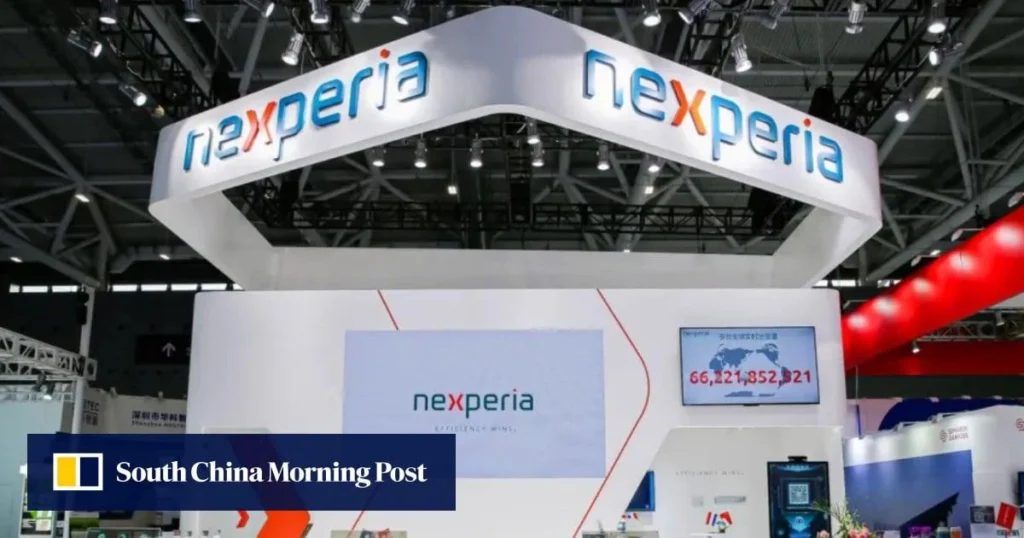The Dutch government has moved to take control of semiconductor manufacturer Nexperia, citing growing national security concerns over its ownership links to China’s Wingtech Technology. The unprecedented step underscores Europe’s intensifying vigilance toward Chinese influence in critical technology sectors.
Government Cites National Security Risks
Officials said the decision was prompted by fears that sensitive chipmaking technologies could be transferred abroad or fall under foreign control, threatening the Netherlands’ strategic and economic interests. The government has placed Nexperia under temporary state management pending a full review of its operations, ownership, and governance structure.
“The Netherlands must ensure that vital technologies remain protected and are not exposed to strategic risks,” stated a spokesperson from the Dutch Ministry of Economic Affairs. “This measure is temporary but necessary to safeguard national security and technological sovereignty.”
Nexperia’s Chinese Links Under Scrutiny
Nexperia, headquartered in Nijmegen, manufactures semiconductors used in smartphones, vehicles, and industrial equipment. The company was acquired by China’s Wingtech Technology in 2019, a deal that has since drawn increased regulatory scrutiny amid worsening geopolitical tensions between China, the U.S., and Western allies.
European authorities have expressed concerns that Chinese state-linked ownership of firms like Nexperia could expose the region’s technology infrastructure to external control or espionage risks. The takeover follows a broader shift in Europe’s approach to foreign investment screening, especially in strategic industries like semiconductors and defense technology.
EU and Dutch Policy Alignment
The intervention aligns with wider European Union initiatives to tighten oversight of foreign acquisitions in sensitive sectors. The Netherlands has played a central role in the EU’s semiconductor strategy, notably by restricting exports of advanced lithography equipment from ASML — another Dutch chipmaking giant — to China.
Analysts say the Dutch government’s move could serve as a precedent for other European nations to follow, as the bloc seeks to balance economic cooperation with national and technological security imperatives.
Nexperia Responds to State Intervention
In a statement, Nexperia expressed disappointment at the government’s decision but pledged to cooperate fully with authorities. The company emphasized that it operates independently of Wingtech and complies with all European regulations on technology exports and data protection.
“We are confident that a transparent review will confirm our full compliance with EU laws and our contribution to the Dutch and European economy,” Nexperia said.
Broader Implications for Global Tech Tensions
The Dutch government’s intervention adds another dimension to the ongoing U.S.–China technology rivalry, in which European allies are facing mounting pressure to take clearer stances. For the Netherlands, the challenge lies in balancing its economic interests with the imperative of national security.
As Europe fortifies its position in the global semiconductor race, the Nexperia case may mark a turning point in how nations protect their most strategic technologies — signaling a future where state oversight becomes a new norm in the chip industry.

